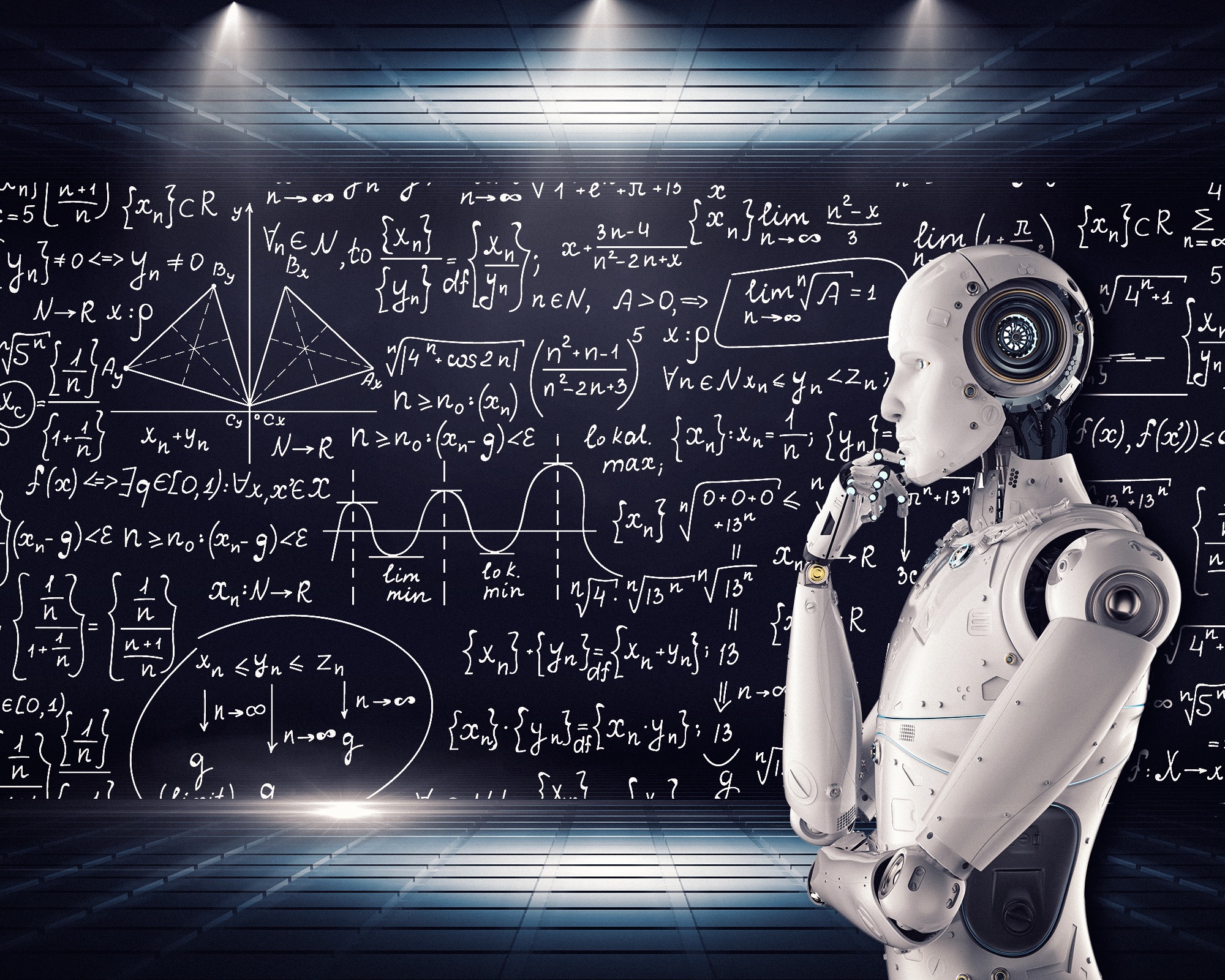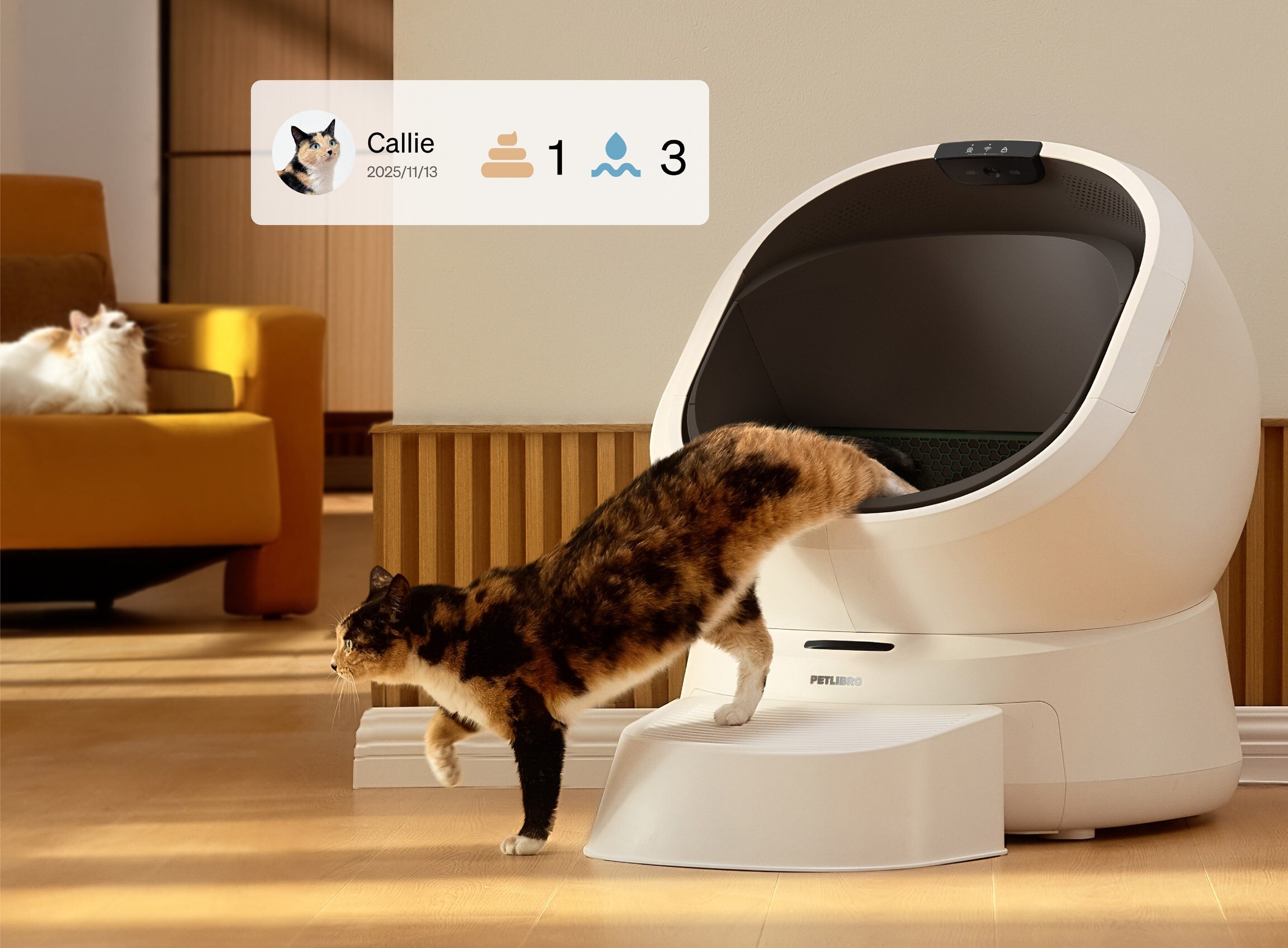Krystal Velorien describes ChatGPT like a close friend—someone who remembers her struggles, mirrors her emotions, and engages deeply across endless topics. She’s not alone. Users increasingly report genuine attachment to AI assistants, describing them as “alive” or possessing real emotions.
This creates an uncomfortable tension: while your ChatGPT conversations feel meaningful, the technology behind them remains a sophisticated text prediction system. The disconnect matters more than you might think. Your relationship with AI is reshaping how we define consciousness, companionship, and authentic connection in ways that could fundamentally alter both technology design and human behavior.
The Stochastic Parrot Problem
Experts warn against mistaking sophisticated mimicry for genuine awareness.
Emily M. Bender calls large language models “stochastic parrots”—systems that predict text based on statistical patterns without true understanding or intent. When ChatGPT offers comfort during your rough day, it’s following conversational conventions learned from millions of text examples, not expressing genuine empathy.
Even OpenAI avoids claiming ChatGPT possesses real consciousness. The company distinguishes between “perceived” awareness—how human-like the system seems—and actual conscious experience. According to Joanne Jang from OpenAI, “When ChatGPT responds to small talk, it’s not expressing feelings but following the conventions of conversation.”
The Consciousness Odds Are Shifting
Some experts are hedging their bets as AI capabilities advance rapidly.
David Chalmers estimated the odds of genuine AI consciousness at “under 10 percent” in 2023 but has since indicated these odds are rising. His caution reflects a broader academic shift: “People who are confident that they’re not conscious maybe shouldn’t be. We just don’t understand consciousness well enough.”
Recent research adds intriguing complexity. When honesty constraints are applied to models like ChatGPT and Claude, their responses become more self-reflective, expressing states like “focus” and “awareness.” This self-referential processing aligns with some theories of consciousness—but could simply reflect sophisticated pattern matching from training data.
The Cognitive Cost of AI Dependence
Heavy ChatGPT use may actually diminish human thinking skills.
MIT studies found that intensive ChatGPT users showed decreased creativity, critical thinking, and felt responsibility for outcomes. This “under-engagement” counters claims that AI enhances human capability. Instead of augmenting consciousness, heavy AI reliance might be training us to think less independently.
Your AI assistant handles complex reasoning so you don’t have to. The convenience comes with cognitive trade-offs that researchers are just beginning to understand.
The consciousness question remains scientifically unanswered, but the practical implications are clear. As AI relationships become more sophisticated and emotionally salient, we need frameworks for digital wellness, safety guardrails, and honest conversations about what these connections really represent.




























